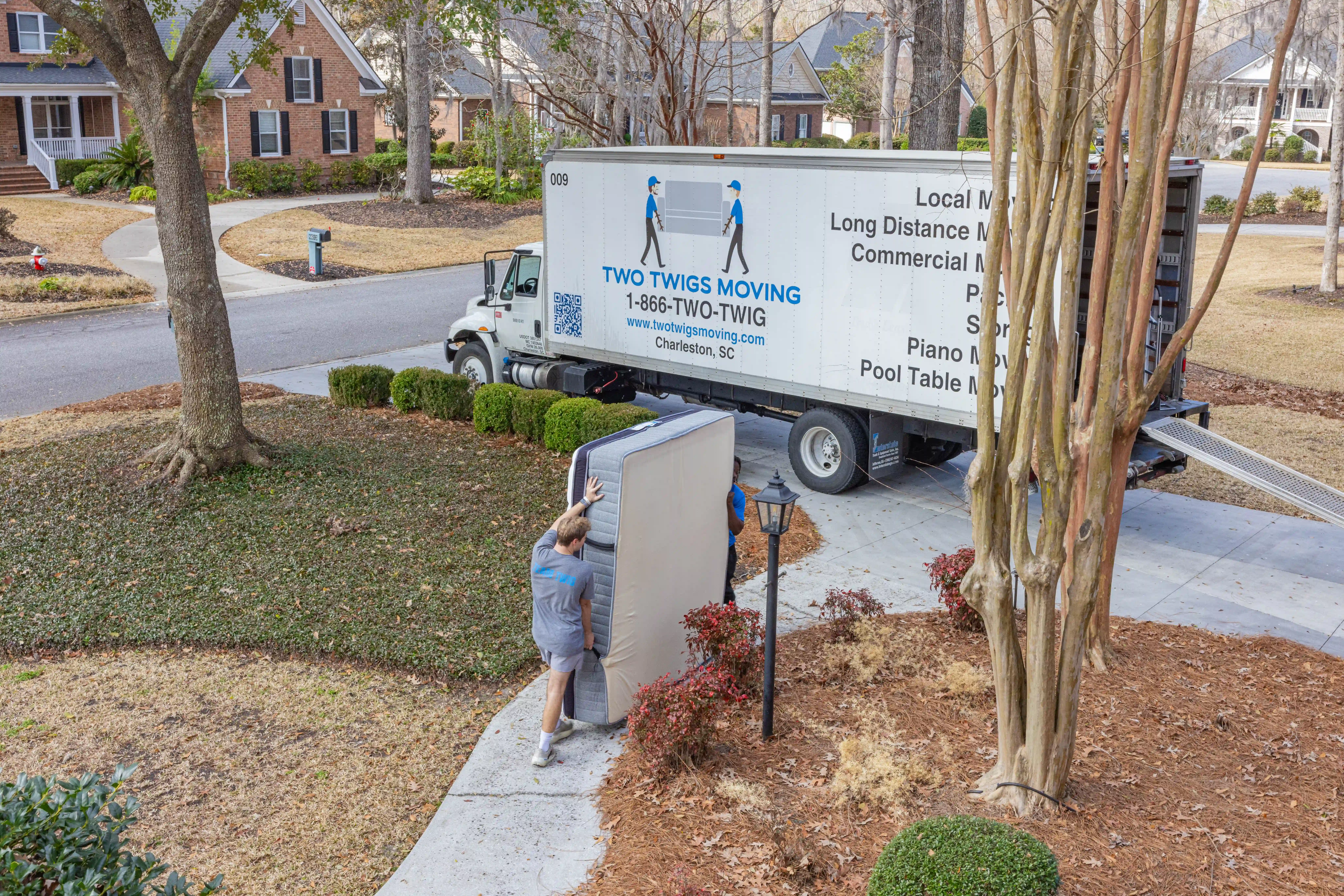Relocating to a new home in North Carolina can be both thrilling and challenging, particularly when it comes to managing moving costs. To ensure a smooth transition and avoid unexpected financial strain, it’s essential to understand the various expenses involved and plan your budget accordingly.
Firstly, it’s important to grasp the different types of moving costs. Moving expenses generally fall into several categories: transportation costs, which cover the actual transportation of your belongings, including fuel and mileage; labor costs, which are the fees for the moving company’s services such as packing, loading, unloading, and unpacking; packing supplies, which include the costs of boxes, bubble wrap, tape, and other materials; insurance costs, which are optional but can protect your belongings during the move; and additional services, which might involve fees for disassembling and reassembling furniture or handling specialty items.
Several factors can influence the overall cost of your move. Distance is a major factor, as longer moves usually incur higher costs due to increased fuel and labor. The size of your move also impacts the cost; more belongings require a larger truck and more time. Additionally, the time of year affects moving costs. Peak moving season, typically from spring to summer, often comes with higher rates, while off-peak times, such as fall and winter, can be less expensive. Finally, any additional services you require, such as packing or storage, will add to the overall cost.
To estimate your moving costs accurately, it’s wise to get quotes from multiple moving companies. Ensure each quote includes a detailed breakdown of costs and any potential additional fees. Online cost calculators offered by moving companies can also provide rough estimates based on your move’s size, distance, and extra services, though these should complement rather than replace formal quotes.
Creating a moving budget involves listing all potential expenses, including transportation, labor, packing supplies, insurance, and additional services. Allocating funds to each category based on the quotes and research you’ve gathered will give you a clearer picture of the total cost. It’s also crucial to track your spending and adjust as necessary to stay within budget.
To reduce moving costs, consider decluttering before packing. The fewer items you move, the lower your costs will be. Packing your belongings yourself can also save on labor costs. Be sure to pack efficiently and use affordable materials. Scheduling your move during off-peak times, such as weekdays or during the winter, can also help reduce costs. Additionally, look for free or low-cost packing resources, such as used boxes or packing materials from local businesses.
Review your moving company’s contract carefully to ensure all costs are clearly outlined and be mindful of any clauses related to additional fees. Evaluating whether additional moving insurance is needed for valuable or fragile items can also be beneficial.
At Two Twigs Moving, we understand the complexities of budgeting for a move and are committed to providing transparent, competitive pricing. Our team is here to assist you in managing your relocation costs effectively while ensuring a smooth and efficient move.
In conclusion, managing moving costs in North Carolina requires careful planning and an understanding of the various expenses involved. By estimating costs, creating a detailed budget, and exploring ways to reduce expenses, you can handle your move without unexpected financial strain. Two Twigs Moving is dedicated to supporting you through the process, making your relocation as smooth and cost-effective as possible.


.svg)


